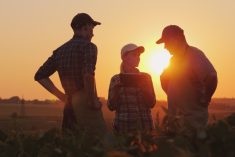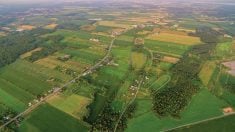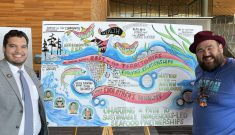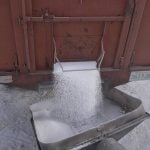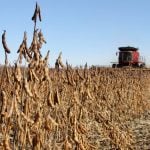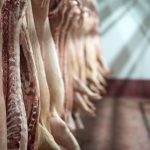continued from previous storyKirschenmann says&
Whatever you think about buzzwords like organic, local food, and eco-friendly,
many of today s next-generation small farms are building their markets on them, and the
farms are doing just fine.
These smaller operations have discovered it can pay to entirely bypass the commodity
food system, Kirschenmann says. They ve found markets for their products that are willing
to pay more for certain perceived benefits.
Read Also
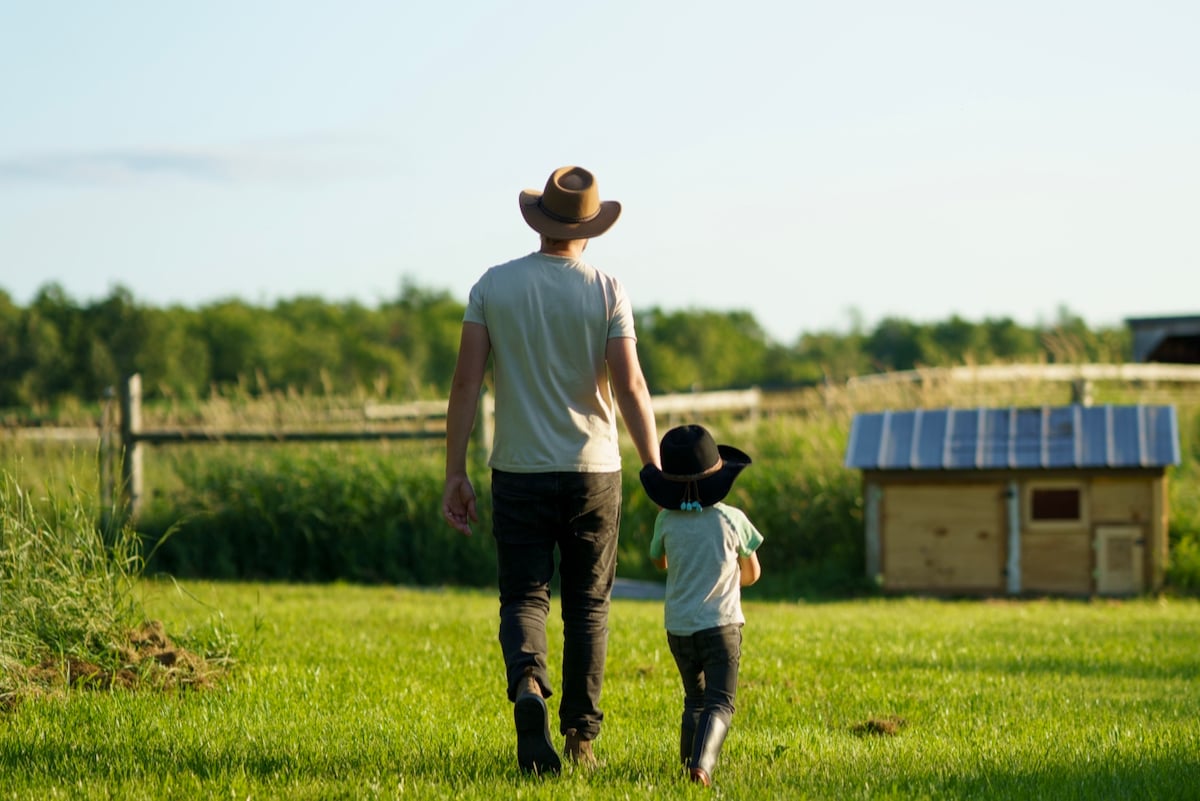
A new spin on farm legacy
What does farm legacy look like for the next generation.
Within agriculture, these farms suffer from a certain chauvinism (the is-that-a-real-farm
debate, for example), but Kirschenmann encourages more conventional farmers to
consider any operation that produces food and demonstrates a healthy bottom line to be a
successful farm.
Kirschenmann points to a suburb of the rust belt city of Milwaukee, where there is an
innovative farm known as Growing Power (
www.growingpower.org).Growing Power began
when Will Allen, a former college basketball star who grew up on a farm in Maryland felt
the call of his rural roots in the 1990s after a career with consumer products company
Procter & Gamble.
Allen bought a two-acre plot in the city s greenhouse alley. Would it be just another vanity
operation by a rich guy with more money than brains? You might think so, except for the
impressive record of economic success. Using a unique system that combines aquaculture
and horticulture, the operation has grown to cover about six acres of greenhouses and supplies
a number of local food retailers with fresh fish and salad mixes.
Growing Power is producing about $500,000 a year in products on six acres,
Kirschenmann says. You tell me is that a real farm?
translate that production into an end-of-season
premium for the product.
It s always at least five degrees
warmer than any other part of the farm in
there, he explains.
During COUNTRY GUIDE s visit to his
operation, Schriemer s phone didn t stop
ringing. Retailers called looking for more
product, employees sought direction and
other growers called about business deals.
It s a life of controlled chaos that Schriemer
concedes can at times be exhausting.
Then in the next breath, like most
farmers, he insists there isn t a thing in
the world he d rather be doing.
I think I m basically ruined for anything
else, Schriemer says with a laugh.
I love working outside in the summer. I
love going out to the greenhouse in February
when it s freezing and there s snow
everywhere.
The next step for the operation represents
a bit of a full-circle for Schriemer.
He plans to open a farm-themed retail
outlet and greenhouse in a nearby town.
I guess, he says, you could say I m
going back to my roots as a retailer. CG



